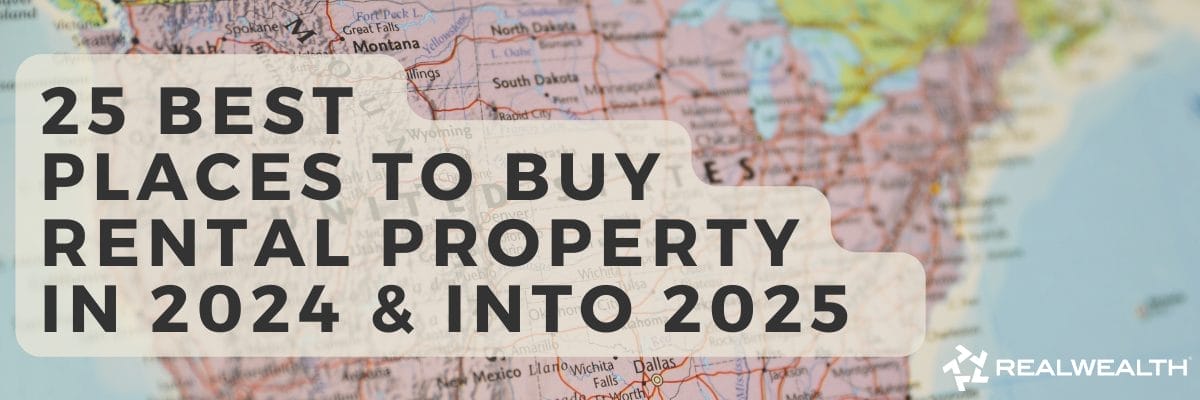Introduction
It’s one of the most common questions from those investing in real estate, especially new investors — would they benefit from getting their real estate license? There are several schools of thought on this, but there is no right answer and the benefits of becoming an agent depend heavily on your personal goals and skills. But for now, let’s weigh the pros and cons of getting your license as an investor.
Pros
Find deals fast through the MLS and be in control
Every investor knows that the good deals go fast, especially if they’re on the local multiple listing service (MLS). Since only licensed real estate agents have direct access to the MLS, it could be worth it to get your license. You don’t have to wait around for an agent to tell you about a great investment deal that was just listed — you can see it for yourself. And hopefully, you can scoop it up fast before work gets around to other agents’ clients.
Aside from having direct access to the MLS at any moment, you can also view any property on the MLS through your lock box access as an agent. And in an industry where your success relies heavily on your ability to make quick decisions, this can be key. Plus, you’re cutting out the middleman of another agent and dealing directly with the sellers or buyers and their agent. This means you can write up quick counters and offers, determine your own closing date, and have full control over the transaction.
No one cares more about the outcome of your deal than you do, so it may make sense to have the success of the deal rest mostly on your shoulders.
long term investing
Build relationships
Finding a good investment deal is all about your network, and being a licensed agent can expand your network even further. Unless you become your own broker as well, you’ll probably join a brokerage and interact with other agents. Plus, you’ll naturally build relationships with others in the industry — including bankers, title companies, contractors, and other investors.
As an agent, you’re naturally more visible and each contact can potentially turn into a deal — whether it’s finding a new client or getting insider info into a great investment property about to hit the market.
Double dip on your purchases
You can earn real estate commission on your own deal if you’re a licensed agent and purchase or sell a home while representing yourself. Since the buyer’s agent typically earns 2% to 3% of the purchase price in commission, this could add a significant amount of savings to your deal.
Commission for selling your own home could be around 3% as well.
For example, if you purchase an investment property for $150,000, you could get $4,500 in the form of a commission. That $4,5000 can be used towards renovations or a down payment on another property (or you could save it for a rainy day). You could also use it as a negotiation tactic with the seller. Perhaps they agree to a lower purchase price if you agree to a lower commission rate. After all, it costs them the same amount either way. Just be aware that you’ll likely incur some fees from your broker so be sure to factor this into your negotiations.
Work for others to get extra cash
Not only does having your agent’s license provide some direct benefits to your own investing, you’re able to work on behalf of friends and family, too. If you’re good at what you do, other investors in your network may use you for their own deals, in which you would generate 2% to 3% commission on each one.
Since most of the cost you incur for holding your real estate license is a yearly flat fee, it doesn’t cost you any more to do a few extra deals for others. In fact, it can pad your bank account a bit or provide a great stack of cash for your next investment property. What starts as a part time real estate agent gig may even turn into what you choose to do full time!
Plus, in your searching, you may do all the work to find investment properties but some may not work for your needs. If you’re a licensed agent, you may still be able to make a profit off these deals if you have another investor as a client and the deal works for them. In this case, you could make your 3% commission without purchasing the deal yourself — whether that be due to finances, desired market, or condition of the property.
Cons
Costs
Getting your real estate license isn’t free — it takes a big investment of both time and money, especially initially. Expect to spend at least a few thousand dollars and nearly 100 hours upfront to acquire your license. This upfront cost includes fees for the courses you’ll need to take, the cost of the test, and the paperwork and association fees you’ll need to pay in order to get your actual license.
There are also costs associated with keeping your license. This may include continuing education credits, fees you pay to the association, and fees your broker requires you to pay on a yearly basis.
If you’re doing it right, your cost savings on purchasing homes or profit from acting as an agent on others’ deals will more than cover these annual expenses, but you have to stay active in order to ensure they do. Plus, don’t forget that you’ll need to account for taxes for each profitable transaction you do as an agent.
Education and time investment
Getting your real estate license doesn’t just cost you money — you’ll invest a significant amount of time upfront to study for and pass the realtor exam. And this isn’t just a simple test — most states require nearly 100 hours of coursework in order to even qualify to take the test to become a licensed real estate agent.
In addition to the upfront time investment, you’ll likely need to complete continuing education courses — the number of hours and cost associated varies by state, but expect around 20 hours each year.
Paperwork and added responsibility
When you are a licensed real estate agent, you’ll need to disclose this on anything and everything — especially if you’re purchasing a property. Having that designation can also trigger added paperwork during the sale and closing process.
Plus, there are some added standards and ethics you must abide by as a licensed real estate agent. If you don’t know these rules, you could face legal trouble or have your license revoked. This includes disclosure rules that stipulate that you must let a buyer or seller know you are licensed and can not “knowingly take advantage” of them.
Distraction from investing goals
In real estate, the main thing keeping you from accelerating growth is your time (or a lack of it!). Obviously, any other job beyond investing can distract from this growth — and this includes being a real estate agent and all the layers that come with it. You’ll need to keep up with your education requirements, renewals, broker relations, taxes, and insurance and all this takes time to maintain.
There’s something to be said for being able to focus on growing your investment properties and letting the experts handle other aspects of your business. Just like you wouldn’t try to become an expert at electrical work (and would instead hire an experienced electrician), you may wish to defer to someone who is already a trusted and knowledgeable real estate agent than try to become one yourself.
It’s unlikely you’ll be a shark at finding and investing in great deals – and the best agent in town. Instead, focus on what you know and find the best agent in town to work for you!
Bottom line
The bottom line is that there is no perfect answer to the question of whether every investor should get their real estate license. Beyond the initial investment, it may not cause any harm to do so. But, take a close look at your skills and goals when you make the decision.
If you’ve already toyed with the idea of being an agent, or are just getting started in the industry and need some knowledge, extra cash, or a good network to get started, it may be a good move.
But, if you already have a great real estate agent who has experience in investment properties, you may be better off relying on their expertise and focusing on what you’re good at. There’s something to be said for being able to offload some of the work to a competent party.
You may even be able to find a low, flat fee agent or one who will give you a discount commission rate because you’ll be doing a high volume of sales or purchases using them as your agent. And instead of tying up your time, you can focus on being a growing investor.


